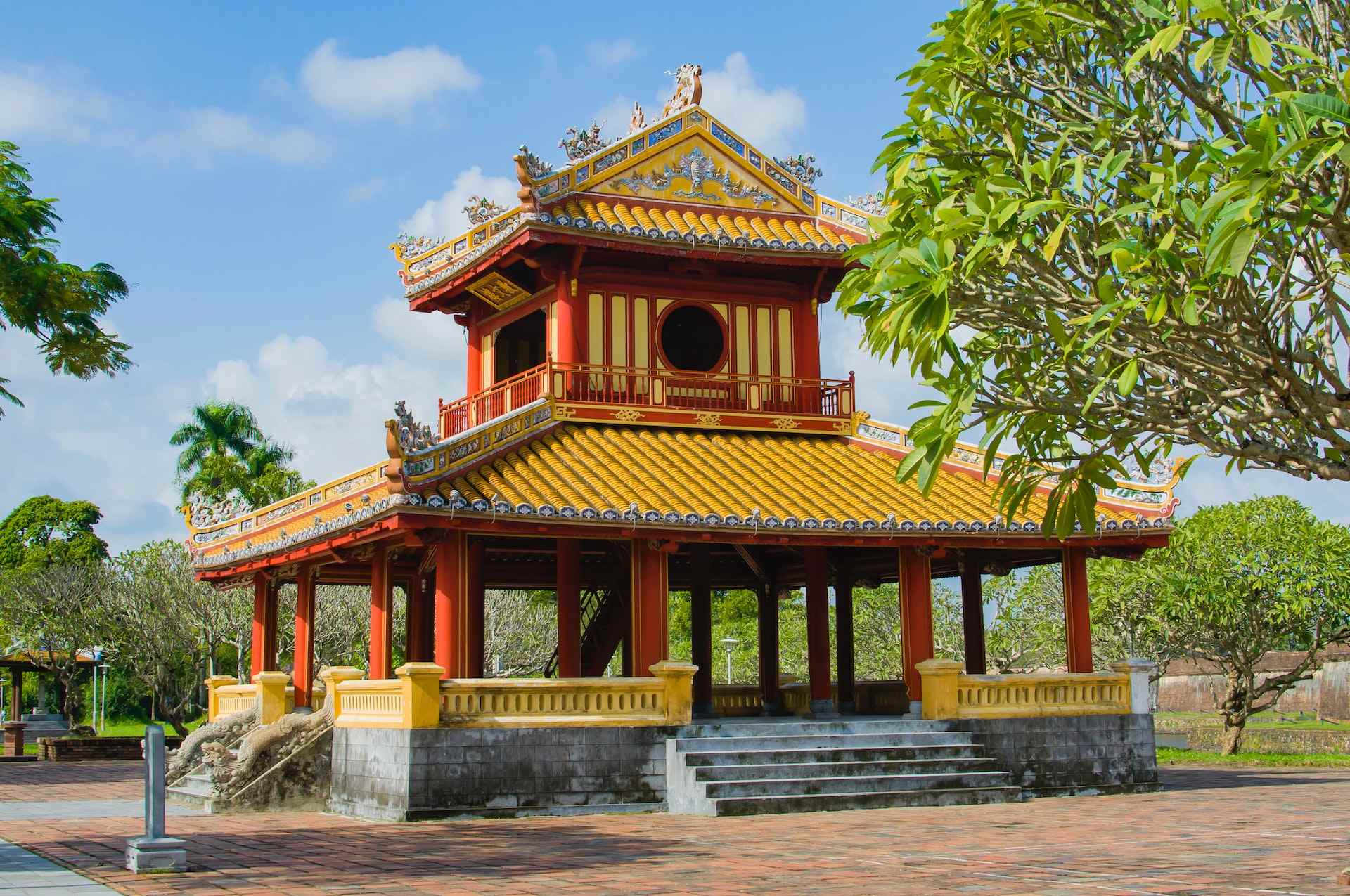Incheon weather is a topic of interest for many, as the city is located in the northwest region of South Korea and experiences a variety of weather patterns throughout the year. The city is known for its humid continental climate, which means that it experiences hot summers and cold winters. The city also receives a fair amount of rainfall, particularly during the summer months.
One of the most notable features of Incheon weather is the monsoon season, which typically lasts from June to September. During this time, the city experiences heavy rainfall and strong winds, which can make it difficult to travel and enjoy outdoor activities. Despite this, many locals and tourists alike enjoy the cooler temperatures and lush greenery that the monsoon season brings.
Another unique aspect of Incheon weather is the city’s proximity to the Yellow Sea. This location can lead to the development of sea breezes and fog, particularly during the summer months. These weather conditions can provide some relief from the heat and humidity, but can also make it difficult to see and navigate in certain areas of the city.
Overall, Incheon weather is characterized by its variability and can be unpredictable at times. While the city does experience its fair share of challenges, such as heavy rainfall and strong winds, it also has its fair share of benefits, such as cooler temperatures and beautiful greenery.
| Month | Low (°C) | High (°C) | Low (°F) | High (°F) | Rain (%) | |||||
|---|---|---|---|---|---|---|---|---|---|---|
| January | -5 | 2 | 23 | 36 | 40 | |||||
| February | -4 | 4 | 25 | 39 | 35 | |||||
| March | 1 | 9 | 34 | 48 | 30 | |||||
| April | 6 | 14 | 43 | 57 | 25 | |||||
| May | 11 | 20 | 52 | 68 | 20 | |||||
| June | 15 | 25 | 59 | 77 | 40 | |||||
| July | 20 | 30 | 68 | 86 | 60 | |||||
| August | 20 | 30 | 68 | 86 | 70 | |||||
| September | 15 | 25 | 59 | 77 | 60 | |||||
| October | 10 | 20 | 50 | 68 | 40 | |||||
| November | 5 | 10 | 41 | 50 | 35 December | 0 | 5 | 32 | 41 | 30 |
When it comes to the best time to visit Incheon, it really depends on what you’re looking for in a trip. If you’re looking to avoid the heat and humidity, then spring and fall are the best seasons to visit. During these seasons, the weather is mild and comfortable, with temperatures ranging from the mid-50s to the low-70s (Fahrenheit). The fall season also offers beautiful autumn foliage and a chance to experience the city’s many festivals.
On the other hand, if you’re looking to experience the city’s famous beaches and outdoor activities, then summer is the best time to visit. Despite the monsoon season, the city’s beaches are still a popular destination for locals and tourists alike. The sea breezes and fog can also provide some relief from the heat and humidity.
For those looking for a winter getaway, Incheon can also be a great option. Although the city does experience cold temperatures and occasional snowfall, it is still relatively mild compared to other cities in the region. The city’s many indoor attractions and hot springs are a great way to escape the cold and enjoy the winter season.
Overall, the best time to visit Incheon really depends on your preferences and what you’re looking for in a trip. Whether you’re looking to escape the heat and humidity, enjoy the city’s beaches and outdoor activities, or experience the winter season, there’s something for everyone in Incheon. It’s important to plan accordingly and check the forecast for the specific dates of your trip, but with a little bit of planning, you can have a great visit to the city no matter what time of year it is.



